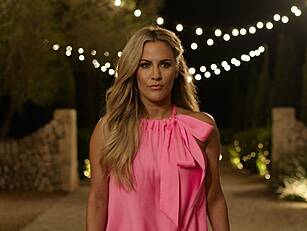A government report has found that nearly 2,000 children from mother and baby homes were put up for adoption in the United States.
The inter-departmental report summarises the government's full knowledge of the conditions at the homes around the country.
The report finds that passports were issued for 1,918 children from homes to be adopted in the United States - with little or no record of parental consent, or whether the mother was coerced into agreeing.
But given that Ireland only formalised adoption in the 1952, with a near-blanket legalisation of adoptions carried out before then, it's unknown how many children may have been sent to new homes in the US.
The report also finds that medical trials were carried out on some children without explicit parental approval.
Consent was obtained for a Polio vaccine trial - but there are questions over whether consent was obtained for trials on vaccines to treat rubella, diptheria and tetanus.
Judge Yvonne Murphy will chair the official state inquiry - but children's minister James Reilly says it'll take some time to finish the terms of reference:
In all the report identifies nine 'core' homes, including the Bon Secours home in Tuam, and the Bethany Home facility in Rathgar which was previously excluded from Magdalene laundry inquiries.
The report also finds that the mortality rate in the homes was often over twice as high as that for illegitimate children nationwide.
In 1939, for example, the national mortality rate for illegitimate children was 19 per cent - but that same year in the Bessboro home in Cork, it was 47 per cent.
The report elsewhere finds that the remains of 474 children were handed over to medical schools for research - again without any apparent sign of family consent.
This was the case from 1940 to 1965 - after which initiatives were undertaken to encourage families to voluntarily donate their loved ones' remains for scientific research.














